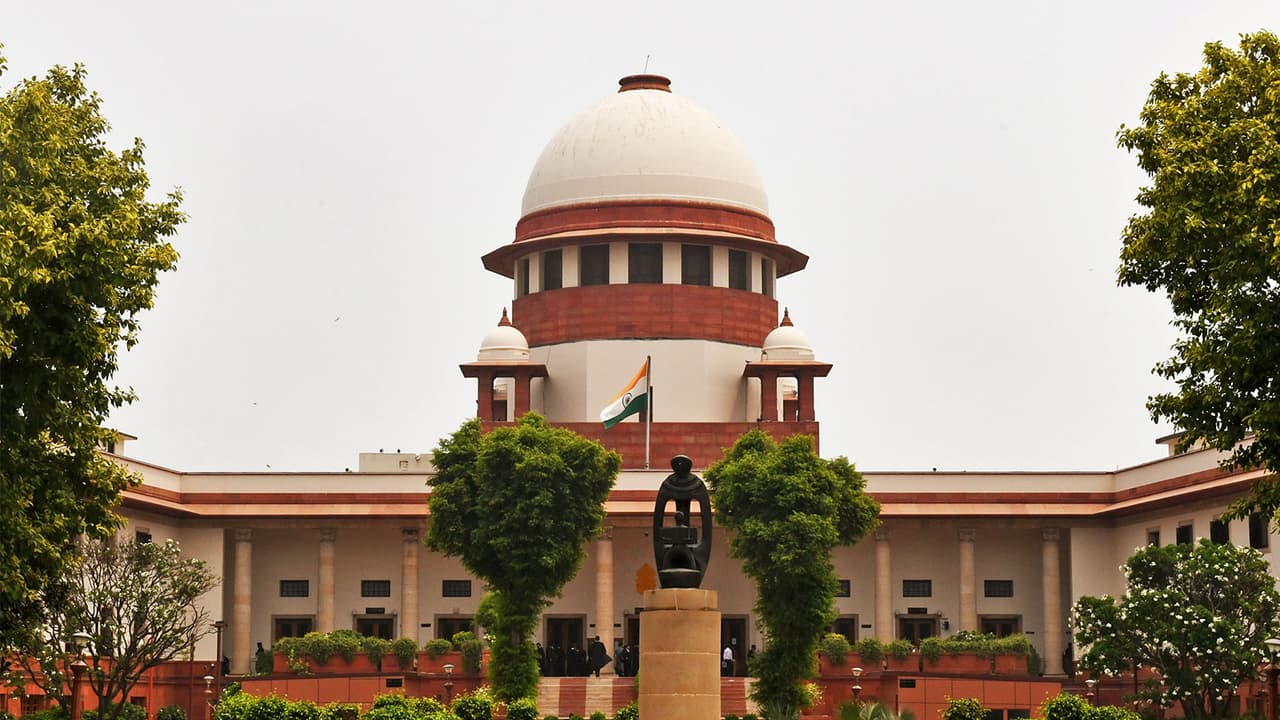The Supreme Court canceled the FIR on the accused of rape on the pretext of marriage. The court said that the woman lodged this FIR when she received a show cause notice on the accused’s complaint. This FIR was done in a sense of revenge.
New Delhi: The Supreme Court has recently canceled the FIR and charge sheet lodged against a man. He was accused of raping her by pretending to be married. The court said that this FIR was “entered” to avenge “thoughtfully and to avenge the upcoming results. A bench of Justices Sanjay Karol and N. Kotishwar Singh quashed the order of the Madhya Pradesh High Court that refused to cancel the proceedings of the case. The Supreme Court found that the FIR was lodged only when the woman’s office issued a show cause notice after the accused’s complaints.
What the woman had alleged…
According to the case, a female employee working as a computer operator in the municipal corporation accused her colleague, an assistant revenue inspector with whom she was a friend for 5 years. Despite being married and a son of a son, she made physical relations with the accused on the trust of marriage. The woman alleged that on March 15, 2023, the accused promised her forcibly physical relations with her, which continued till April 2023. When she later asked about the marriage, the accused allegedly refused and asked her to marry someone else.
Subsequently, he lodged an FIR of rape against his colleague. However, before the FIR, the accused had filed several complaints against the woman alleging harassment, suicide threats and abuses. The accused had also lodged complaints in front of the municipal corporation and police officers, after which a show cause notice was issued to the woman on July 6, 2023. It was warned that if he does not improve his behavior, he can be fired. He lodged an FIR 4 months after the alleged incident and only after the commencement of administrative action.
What the Supreme Court said before canceling the FIR and charge sheet…
The Supreme Court said in its judgment that the FIR was recorded only after the show cause notice was issued, which makes a full possibility that it was “thoughtfully and to avenge the results to be avenged”. The Supreme Court quashed the FIR and charge sheet, saying, “If the details of the crime were considered true at first sight, the complainant was not ready at first and was celebrated to have a relationship on the trust of marriage. When he asked a few days later when the marriage would take place, the allegedly refused by the appellant and asked him to marry someone.
This was the first time that the complainant should have taken necessary action when he realized that he had taken advantage of it. Even if this is not done, the fact that the FIR was recorded only after issuing a show cause notice, apparently for the complainant who could have large real consequences, leaves the whole possibility that it was recorded to avenge the consequences thoughtfully and above. “
